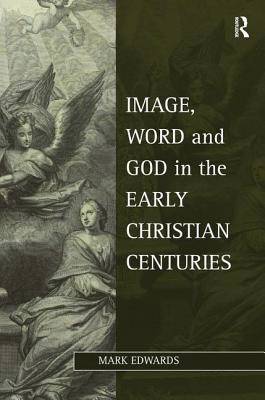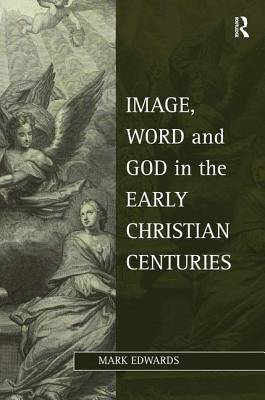
- Retrait gratuit dans votre magasin Club
- 7.000.000 titres dans notre catalogue
- Payer en toute sécurité
- Toujours un magasin près de chez vous
- Retrait gratuit dans votre magasin Club
- 7.000.0000 titres dans notre catalogue
- Payer en toute sécurité
- Toujours un magasin près de chez vous
Description
Christianity proclaims Christ and the incarnate word of God; the Bible is described as the Word of God in both Jewish and Christian tradition. Are these usages merely homonymous, or would the ancients have recognized a more intimate relation between the word incarnate and the word proclaimed? This book investigates the concept of logos in pagan, Jewish and Christian thought, with a view to elucidating the polyphonic functions which the word acquired when used in theological discourse. Edwards presents a survey of theological applications of the term Logos in Greek, Jewish and Christian thought from Plato to Augustine and Proclus. Special focus is placed on: the relation of words to images in representation of divine realm, the relation between the logos within (reason) and the logos without (speech) both in linguistics and in Christology, the relation between the incarnate Word and the written text, and the place of reason in the interpretation of revelation. Bringing together materials which are rarely synthesized in modern study, this book shows how Greek and biblical thought part company in their appraisal of the capacity of reason to grasp the nature of God, and how in consequence verbal revelation plays a more significant role in biblical teaching. Edwards shows how this entailed the rejection of images in Jewish and Christian thought, and how the manifestation in flesh of Christ as the living word of God compelled the church to reconsider both the relation of word to image and the interplay between the logos within and the written logos in the formulation of Christian doctrine.
Spécifications
Parties prenantes
- Auteur(s) :
- Editeur:
Contenu
- Nombre de pages :
- 228
- Langue:
- Anglais
- Collection :
Caractéristiques
- EAN:
- 9781409406457
- Date de parution :
- 28-01-13
- Format:
- Livre relié
- Format numérique:
- Genaaid
- Dimensions :
- 156 mm x 233 mm
- Poids :
- 557 g

Les avis
Nous publions uniquement les avis qui respectent les conditions requises. Consultez nos conditions pour les avis.






